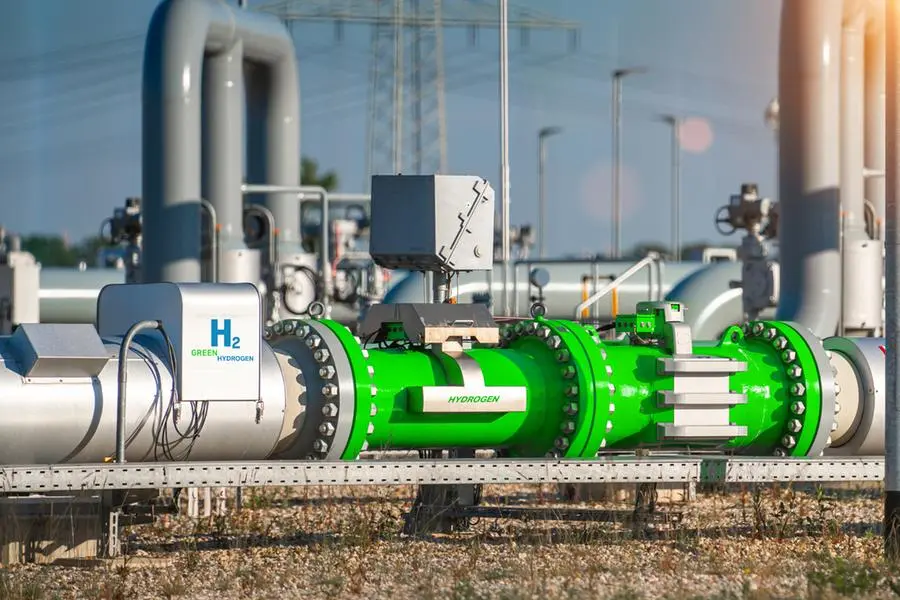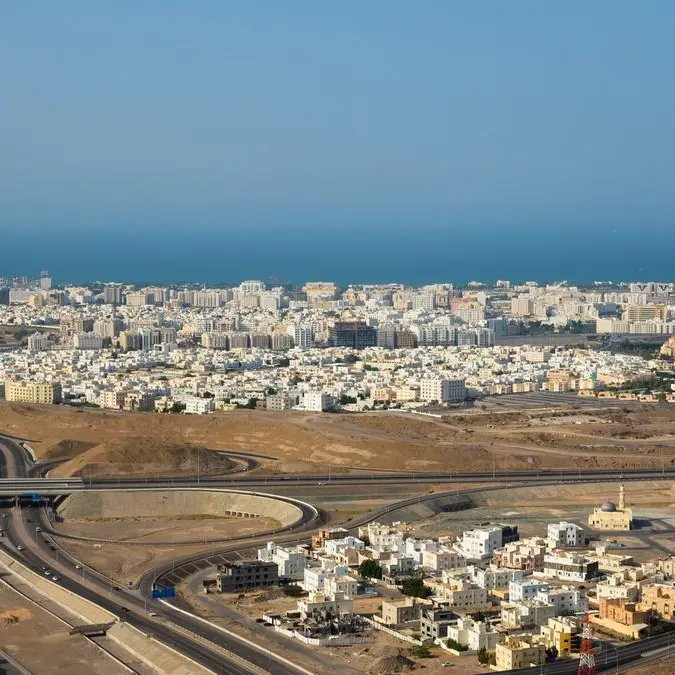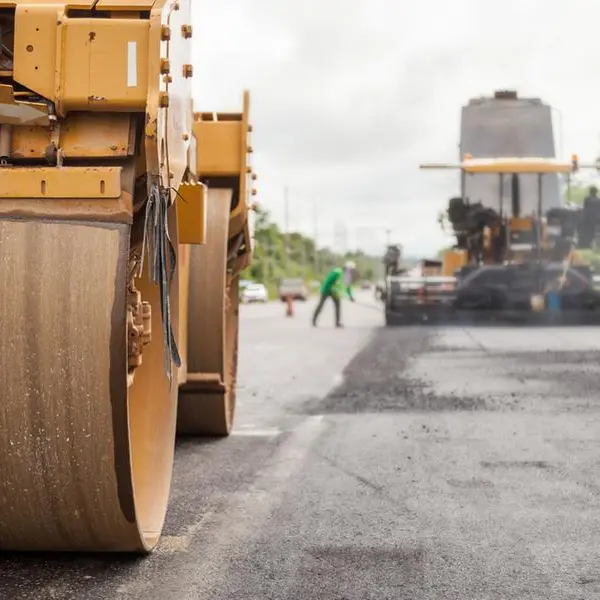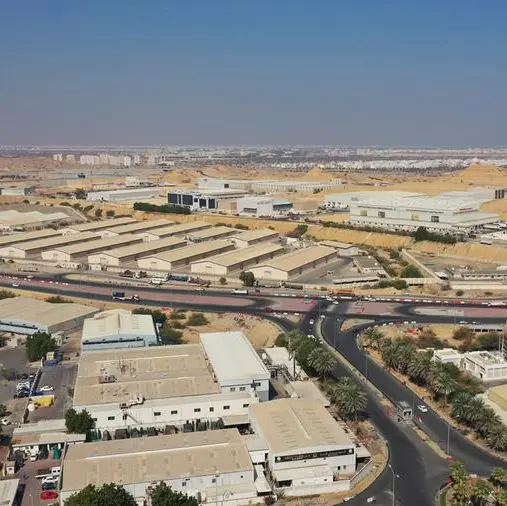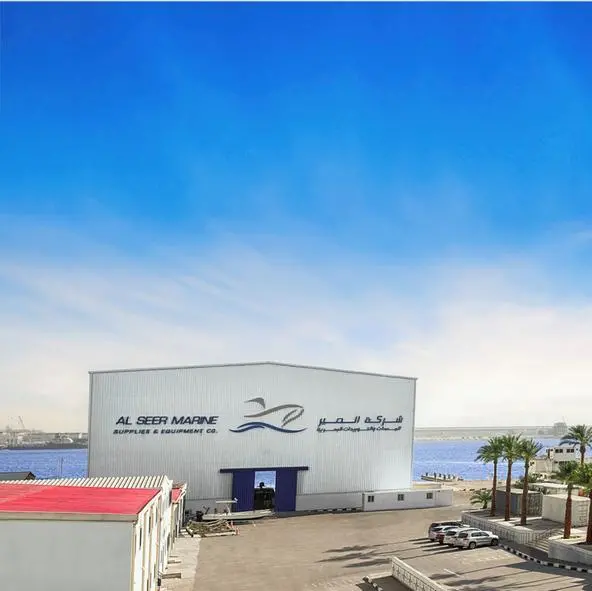PHOTO
Green ammonia offtake agreements are unlikely to gain traction in the near future due to inadequate carbon pricing and intense price competition among multiple projects, according to Ahmed El-Hoshy, CEO of UAE-listed fertiliser manufacturer Fertiglobe.
Speaking at the energy event ADIPEC 2024 in Abu Dhabi on Wednesday, El-Hoshy expressed doubts about securing long-term commitments for green ammonia and hydrogen projects under the existing regulatory environment.
"Carbon is not priced highly enough to incentivise it being done, and people don't want to kind of dip their toes," he said.
With hundreds of projects vying for buyers, the Fertiglobe executive noted that off-takers are in a strong position to "wait out" for more favourable terms. The early-stage nature of green ammonia also acts as a deterrent, as future advancements could bring more competitive pricing.
"Locking in an agreement now could result in being priced out in the future, creating significant contingent liability," he explained.
These uncertainties have led to just a handful of green ammonia offtake agreements globally, with prominent deals being India's AM Green Ammonia with Germany's Uniper, UAE's Fertiglobe with Germany's H2 Global, and Saudi's NEOM with US' Air Products.
Fertiglobe, the world's largest seaborne exporter of urea and ammonia combined and the largest nitrogen fertiliser producer in the MENA region, secured a green ammonia offtake agreement with Hintco in Germany in July 2024 through the first H2Global pilot auction for renewable ammonia, funded by Germany's Federal Ministry for Economic Affairs and Climate Action (BMWK).
According to previous media reports, the project, located in Sokhna, Egypt, involves a 100-megawatt (MW) upstream electrolyser powered by 260MW of solar and wind energy plants. The electrolyser will feed renewable hydrogen to Fertiglobe's existing ammonia units. The export-oriented plant has an ammonia storage capacity of 110,000 tonnes.
While Fertiglobe's successful €1,000 per tonne bid represents a substantial premium over the market price of €400 per tonne for grey ammonia, El-Hoshy indicated that this outcome doesn't amount to a "home run" for the company.
"It's only going to be for seven years while we have to do a 20-year hydrogen offtake to supply these tonnes," he said.
Zawya Projects reported in July 2024 that Fertiglobe intends to supply 19,500 tonnes in 2027, with volumes potentially scaling up to 397,000 tonnes cumulatively by 2033.
El-Hoshy said the EU's Carbon Border Adjustment Mechanism (CBAM), to be introduced in 2026, could benefit the green energy market. However, green ammonia could use some exponential support as CBAM focuses only on Scope 1 and Scope 2 emissions.
Green ammonia faces a disadvantage since blue ammonia, produced from hydrocarbons with carbon sequestration, can reach similarly low Scope 1 and Scope 2 emissions but comes at a lower price — green ammonia is in the high hundreds per tonne, while blue is in the mid-hundreds, which complicates the offtake landscape.
The Fertiglobe CEO said a globally accepted carbon price could level the playing field for green ammonia (with zero carbon costs) compared to blue ammonia (with associated carbon emissions costs), facilitating a shift toward more sustainable practices.
He said: "We need to have that charge for carbon, that negative externality, more ubiquitously across the globe, not just in Europe. With that, we could see those off-takers start taking long-term bets."
Additionally, he advocated for green mandates targeting existing uses of ammonia in fertilisers and chemicals, similar to renewable hydrogen requirements in European refineries, to provide a demand-side pull to get companies to buy green ammonia.
"Without this kind of visibility, corporations are likely to delay long-term decisions or commitments until the last possible moment," he cautioned.
With younger European voters focusing more on immediate economic issues like affordable rent over environmental concerns, extra effort would be needed to secure budget allocations.
"There needs to be an extra push to make that budget allocation because no matter what, it is going to be costlier, and the costs need to be absorbed," he said.
Read more: TA'ZIZ consortium awards construction contract for low-carbon ammonia facility
(Reporting by Anoop Menon; Editing by SA Kader)
(anoop.menon@lseg.com)
Subscribe to our Projects' PULSE newsletter that brings you trustworthy news, updates and insights on project activities, developments, and partnerships across sectors in the Middle East and Africa.
